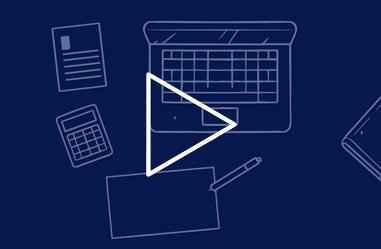Business Rescue Engagements
Presenters : Caryn Maitland CA(SA)
Overview
Many enterprises have recently filed for voluntary business rescue. Notable examples are SAA, SA Express, Edcon, Ster-Kinekor, and Comair. Although the COVID-19 national lockdown had some part to play in this situation, these business were already financially distressed pre-lockdown.
The accountant is usually the first person to see that their client's business is facing financial problems. He or she should be able to determine whether the business is factually insolvent or financially distressed. This "discovery" should then be guided by the Companies Act as far as duties and obligations are concerned in this regard.
Business rescue is now an established area of specialisation and qualifying accountants can become registered business rescue practitioners who can be engaged by financially distressed businesses to "rescue" these businesses from their impending demise.
Learning objectives
By the end of this webinar the attendee should:
-
Understand business rescue in its full context;
-
Understand financial distress vs going concern;
-
Understand business rescue proceedings;
-
Understand the roles, rights and responsibilities of stakeholders; and
-
Know how to become a licenced business rescue practitioner.
Content
The webinar will cover the following topics:
-
What is business rescue?
-
The business rescue test.
-
To rescue or to liquidate?
-
Business rescue proceedings.
-
Stakeholders' rights, roles and responsibilities.
-
Voluntary vs involuntary winding up of a company.
-
Deregistration of a company.
-
Becoming a licenced business rescue practitioner.








